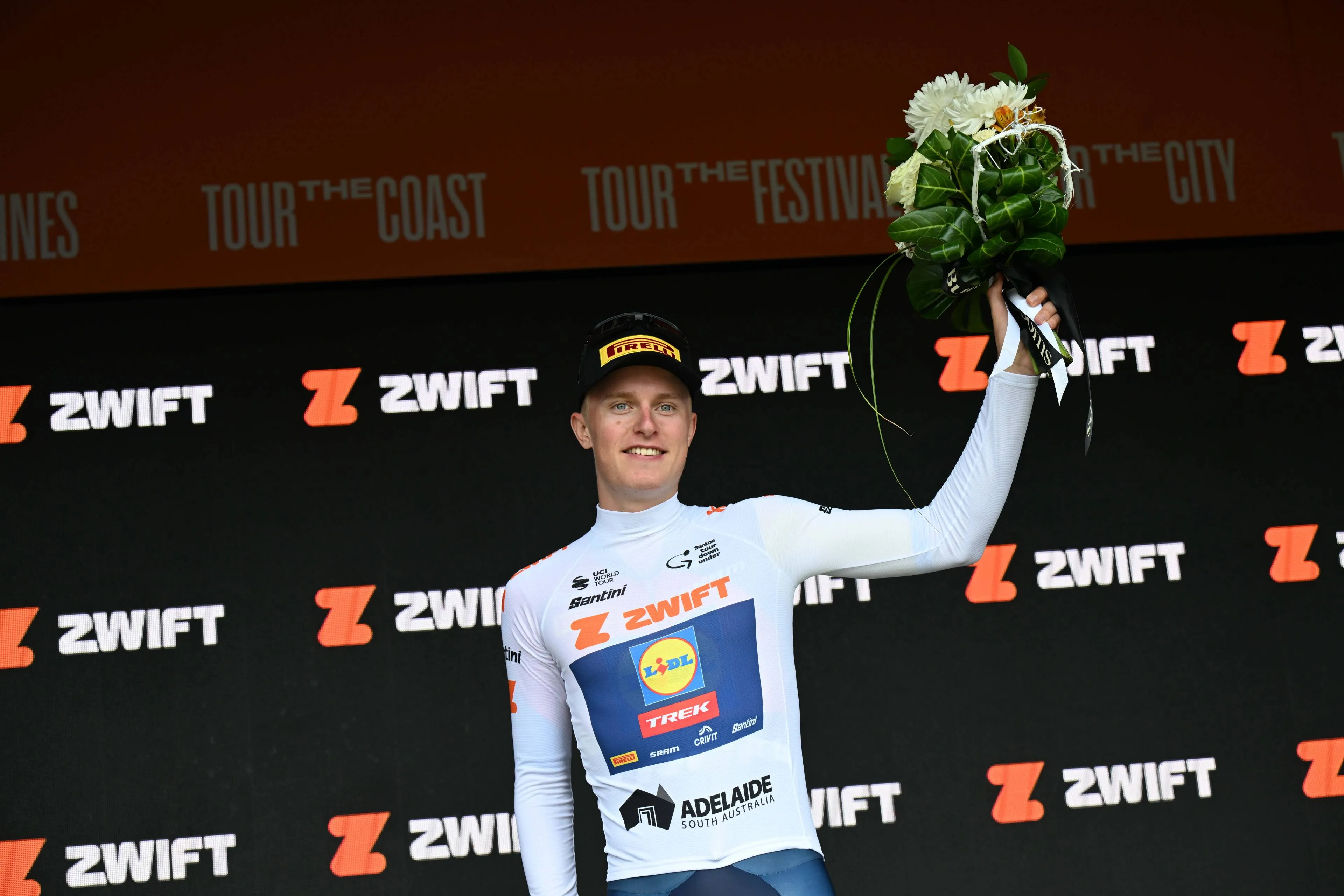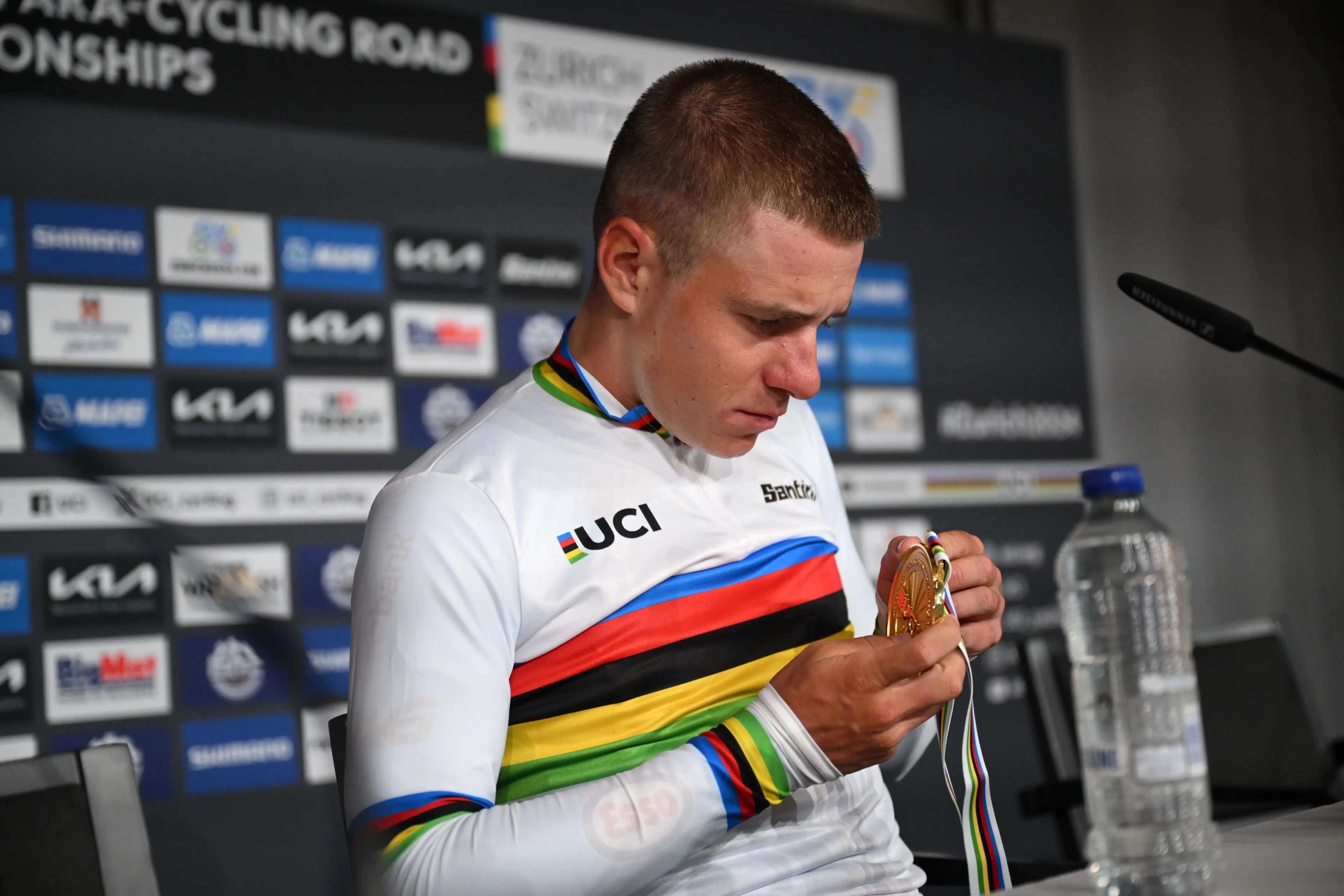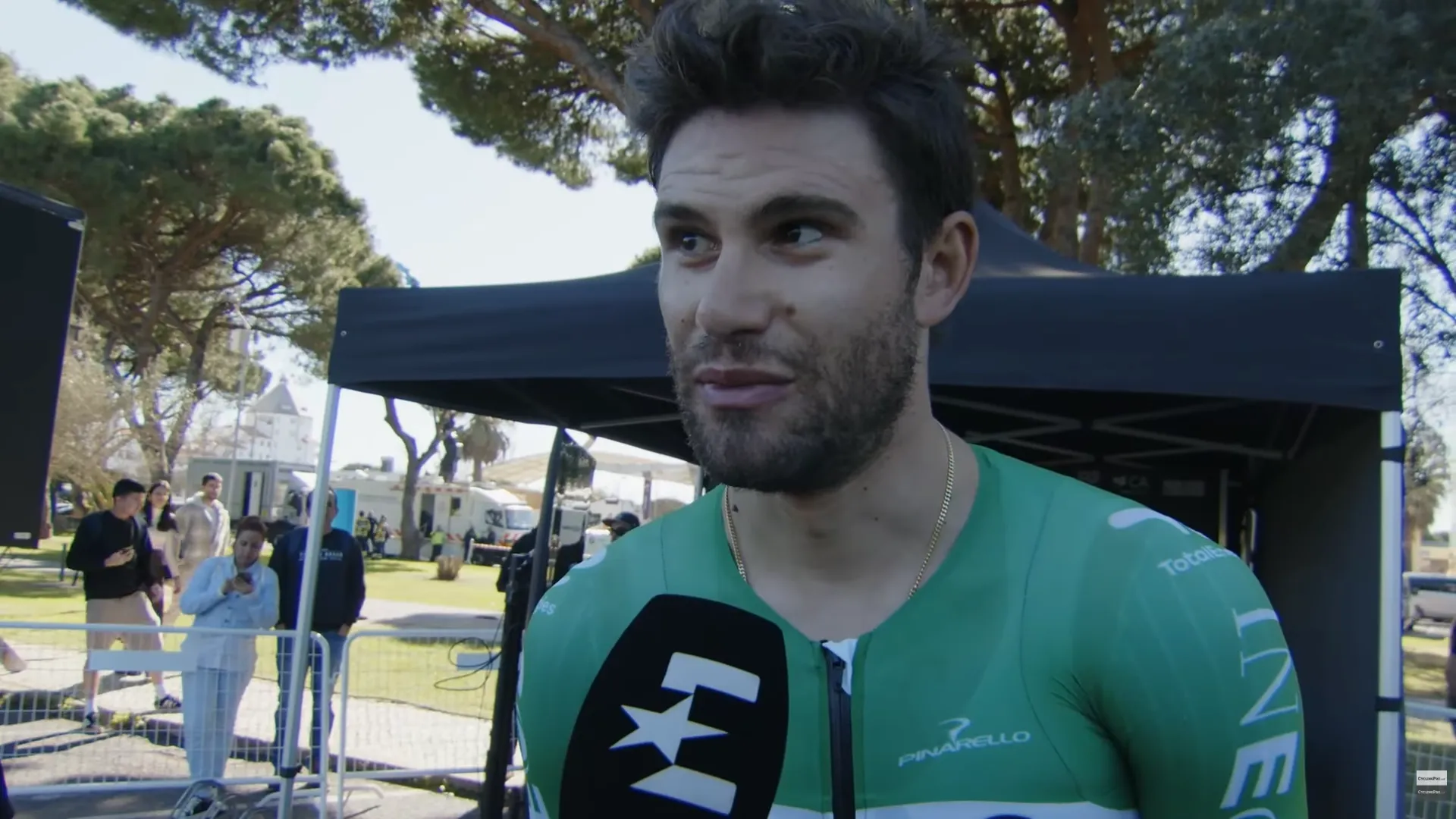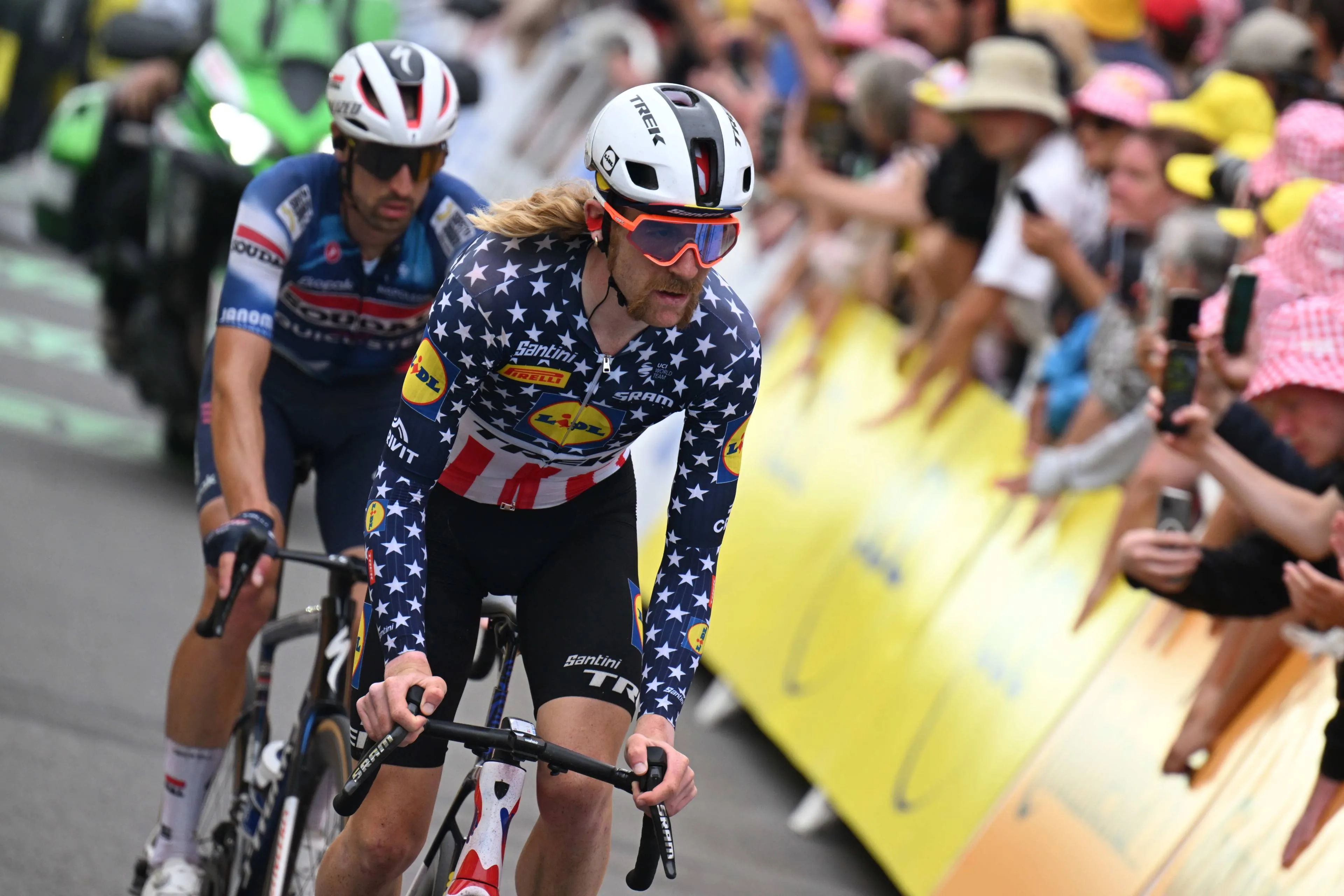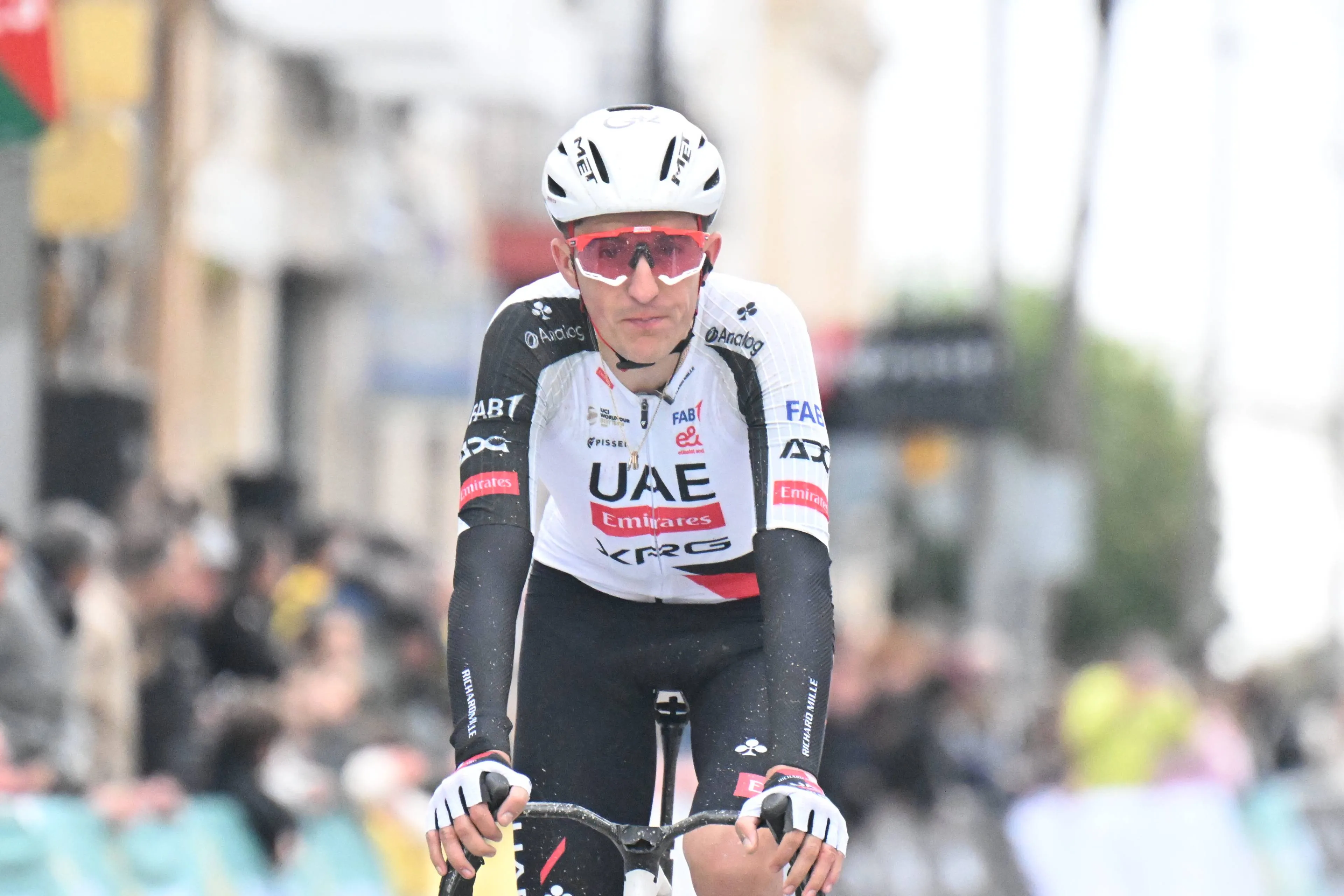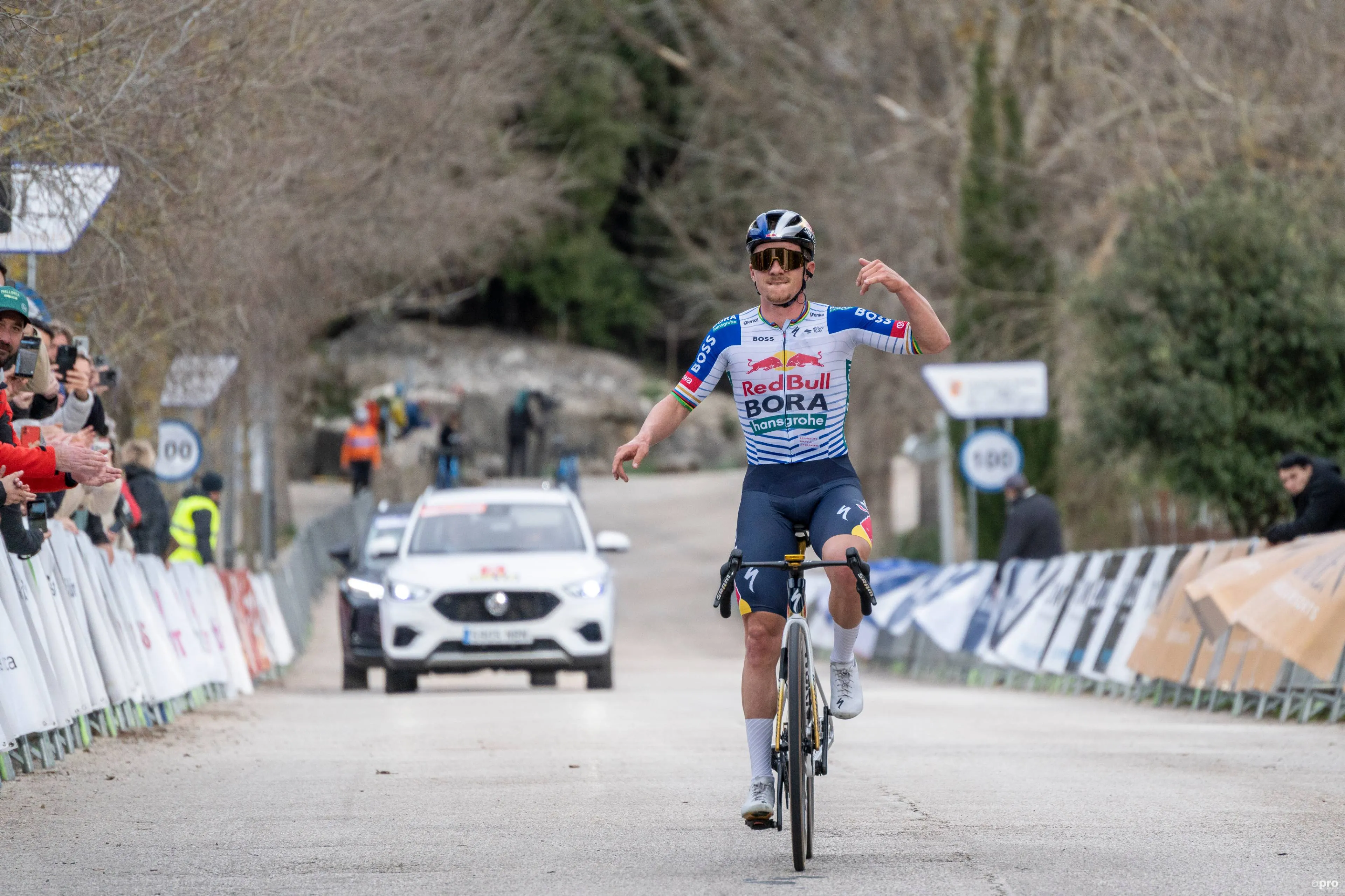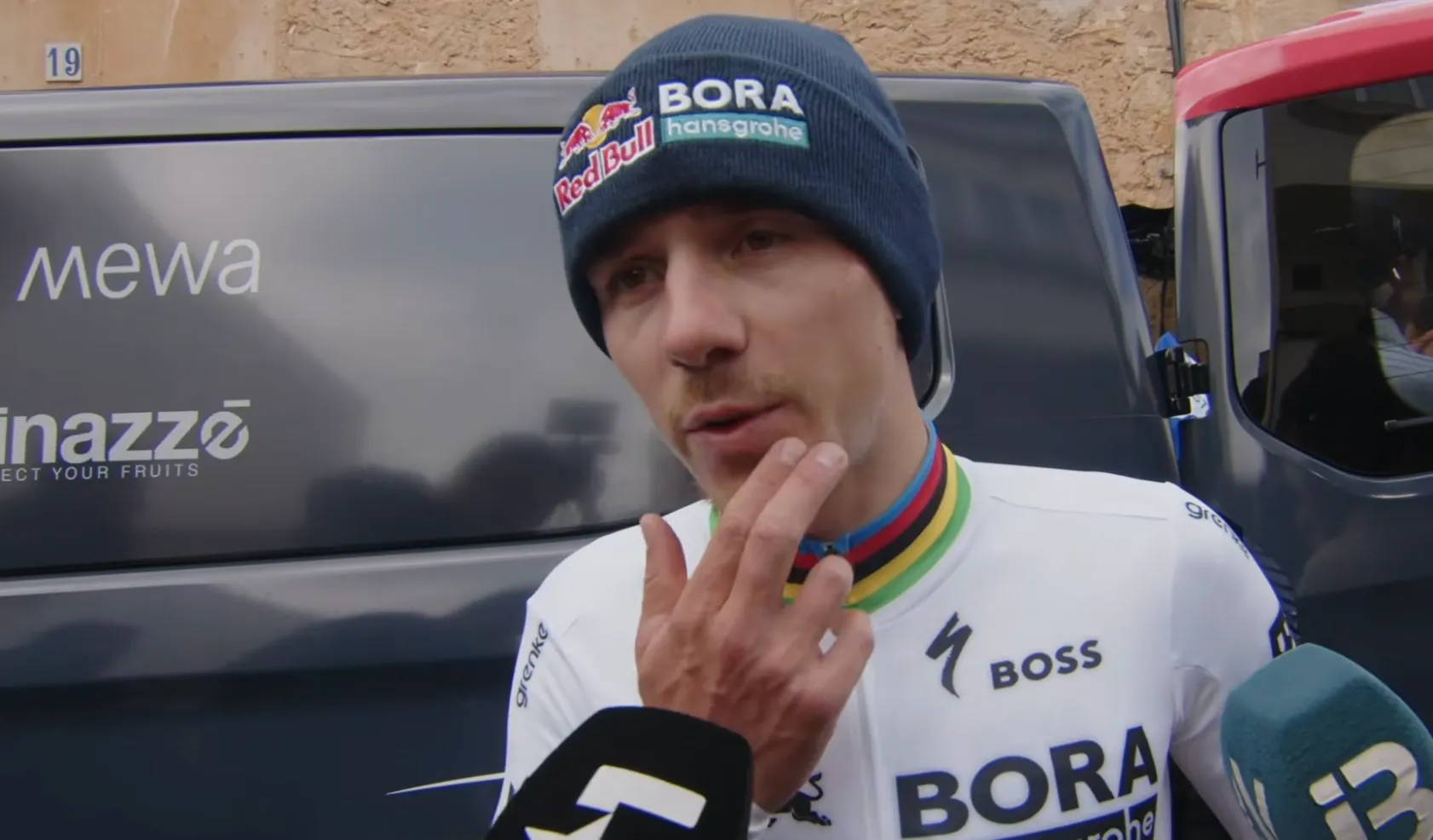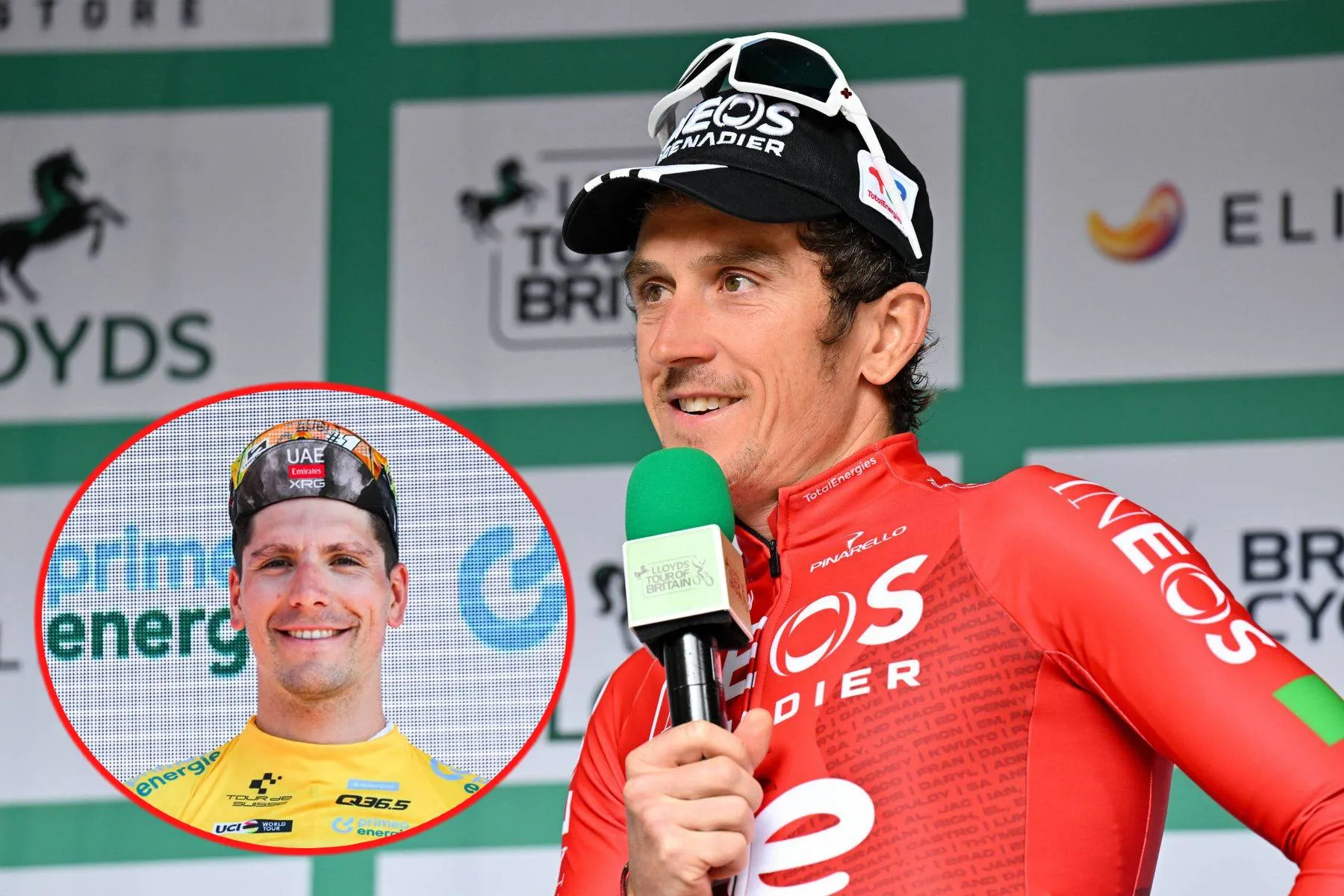" Now I am in a team that ensures that the conditions are right to perform" - Dutch rider Arvid de Kleijn reveals his journey to the front of the peloton
CyclingTuesday, 28 January 2025 at 03:00
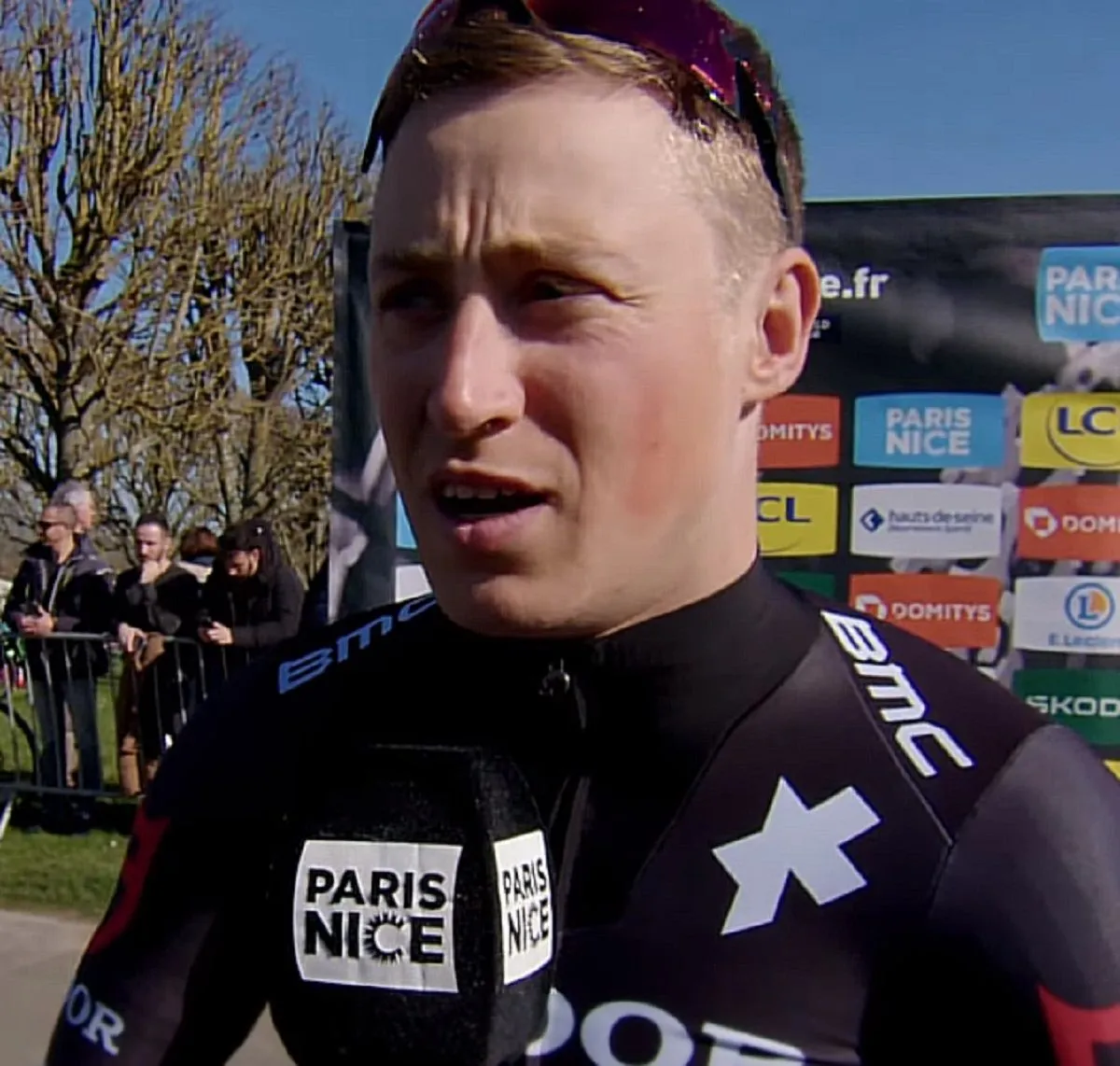
Tudor Pro Cycling Team rider Arvid de Kleijn has taken an
unconventional route to professional cycling, a journey shaped by consistent perseverance.
Speaking to In de Leiderstrui, the Dutch sprinter reflected on his
career, his challenges, and the progress he’s made within his team.
“There is now a trend of young people who become
professionals very quickly and are immediately in training teams. I have never
experienced that, I always just missed out on the training teams, which is why
I have taken a different path. It was no less beautiful, but it did take longer
before I reached a certain level,” said de Kleijn.
Read also
Unlike many young riders who quickly join professional
development programmes, de Kleijn’s journey required a greater degree of
independence. “I won sometimes, but I didn't have the support you need to win
multiple races. The sprints I always had to ride were often based on luck. I
had to do it alone and although you really try to get yourself in a good
position, that is difficult at higher levels,” he explained.
The turning point came in 2022 when Tudor Pro Cycling
recognised his talent. “In 2022, I was fortunately noticed by Tudor,” he said.
“They saw how I rode my sprints; always alone from the back and then coming
with a lot of speed. I don't have to explain that if you come from position 20,
you have to make up too much. Then you can be as fast as you want, but you
won't make it. Tudor saw how fast I was and the numbers I could pedal, they
found that interesting. I signed for 2023 and now we are here.”
Read also
Now entering 2025, de Kleijn finds himself with improved
support in the form of a stronger sprint team, including Rick Pluimers, Maikel
Zijlaard, and Dane Sebastian Kolze Changizi. Reflecting on his earlier
struggles, he noted the contrast with his current environment. “The support
around me was not there, not in terms of riders and not in terms of staff. I
had to figure everything out myself, nobody explained to me how to do
something. Now I am in a team that ensures that the conditions are right to perform.”
Though he now has the backing of a cohesive team, de
Kleijn’s independent mindset still plays a role in his approach. “I still have
a tendency from the past to like to do my own thing. The training schedule is
set, the eating schedule is set, but that is done in consultation with me. If I
think that something more needs to be done, I say so. In consultation,
something can be done, although that was not the case in my first six months
with the team. After that, my trainer and I really grew closer, he gained confidence
in me and I in him. That collaboration is now very good.”
With the right team support and a collaborative approach to
training, de Kleijn looks poised to take further strides in his career,
building on the promise he has shown so far.
Read also
claps 0visitors 0
Just in
Popular news
Latest comments
- Just as circumstantial as market manipulation by the too big to shut ups these days. There’s are only very limited resources to follow up everything and so more and more people realise the risk isn’t that highMistermaumau20-02-2026
- Mediocre TT for Almeida relative to his usual. Seixas definitely proving he is the real deal here.mobk20-02-2026
- It does not take a genius to know that the intended recipient is Soler but again evidence is circumstantialabstractengineer20-02-2026
- The aircon in his room was not working but it was working in the other teammates rooms right. The team would give the lesser rider that room while Remco their leader, their savior slept peacefully in the arms of the aircon. Sometimes the excuses beggar beliefabstractengineer20-02-2026
- Top 6-10 for him is more realistic than podium but well see if he can stay on the favourites atop double Alpe d'Huez ascent.
 James2631820-02-2026
James2631820-02-2026 - I was going to post the same comment. He just can’t catch a break.Pedalmasher20-02-2026
- Totally agree. This kid has a bright future.Pedalmasher20-02-2026
- The thing is, he never has to worry about his career because he can spend the rest of his life living rent-free in your head.antipodeanpedalfan20-02-2026
- That's true, but you can't count out a resurgence from him later like Vingegaard did in 2025 (although he was 10 seconds behind, not 30)
 Rafionain-Glas19-02-2026
Rafionain-Glas19-02-2026 - Lipowitz ddn't really keep up to the big boys today either.....mobk19-02-2026
Loading
Write a comment

